What is Globulin?
Globulin is the fraction of blood proteins excluding albumin. It includes immunoglobulins (antibodies) plus a variety of transport and binding proteins. In laboratory testing, globulin is typically derived by subtracting albumin from total protein.
Why does it matter for long-term health and wellbeing?
Globulins reflect immune and inflammatory dynamics as well as how your body transports and manages key molecules. Because immune balance and metabolic regulation are tightly linked, deviations in globulin can serve as early signals that your body is adapting (or struggling) under stress. By understanding where globulin sits within your broader biomarker profile, you can better optimise nutrition, recovery, and lifestyle strategies to support longevity and performance.
What’s an optimal level of Globulin?
- Lab (reference) range: 20 to 40 g/L
- Vively’s optimal target range: 25 to 35 g/L
If your globulin is within 25–35 g/L, that’s a “sweet spot” where immune balance, protein supply, and metabolic harmony are more likely aligned.
What influences Globulin levels?
Globulin levels are shaped by:
- Immune activity or persistent inflammation
- Protein intake, absorption, and overall protein balance
- Liver function (production of transport globulins)
- Loss of proteins via the kidneys or gut (protein-losing states)
- Genetic and lifestyle factors that affect immune regulation
What does it mean if Globulin is outside the optimal range?
- Higher than optimal: May suggest chronically elevated immune engagement or inflammation, increased demand for immune proteins, or shifts in globulin synthesis or clearance. It does not diagnose a condition, but flags an area for further assessment in context.
- Lower than optimal: May indicate that protein supply, synthesis, or immune capacity is relatively low—meaning the body may have limited reserve or be under stress in a way that suppresses protein production or increases losses.
How can I support healthy Globulin levels?
- Ensure adequate and balanced protein intake (quality source, distributed across meals)
- Support gut health and nutrient absorption
- Prioritise sleep, recovery, and stress modulation to reduce chronic immune load
- Use anti-inflammatory lifestyle strategies (e.g. whole foods, phytonutrients, regular movement)
- Monitor other related biomarkers (e.g. total protein, albumin, inflammatory markers) and adjust your programme iteratively
This information is provided for general health and wellness purposes only and does not replace medical advice.
References
- Royal College of Pathologists of Australasia. Globulin (RCPA test manual)
- Hoo, T., et al. (2021). Calculated globulin as a screening tool for antibody deficiency and paraproteins.
- MedlinePlus. Total Protein and Albumin/Globulin Ratio
- Pathology Tests Explained – Immunoglobulins (Australia)
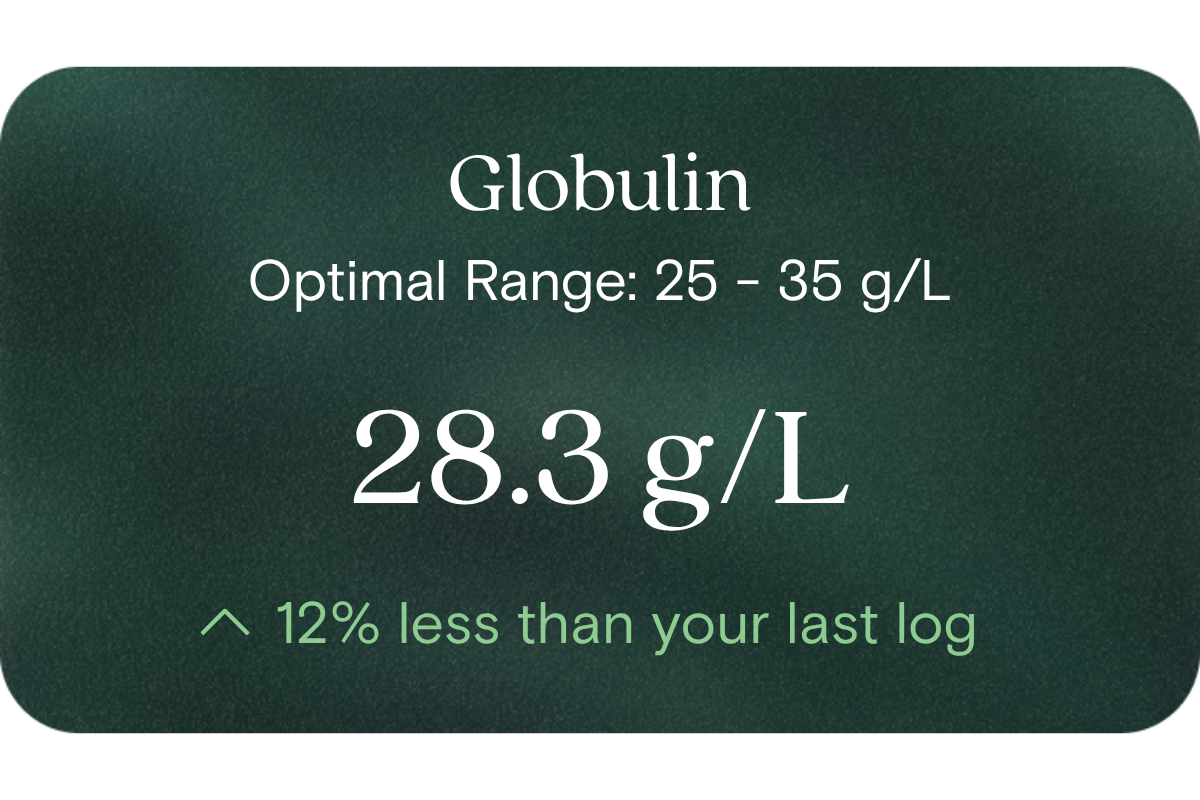











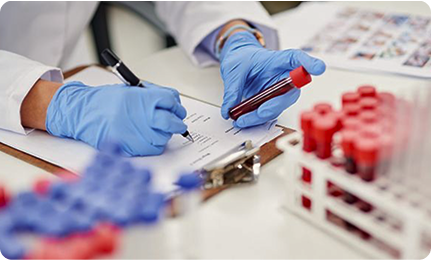
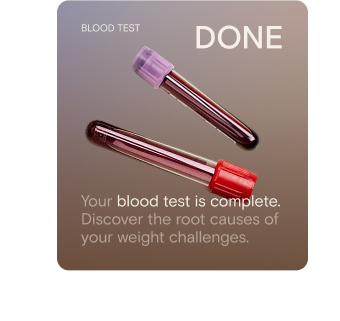

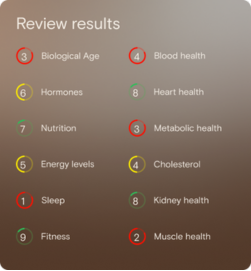

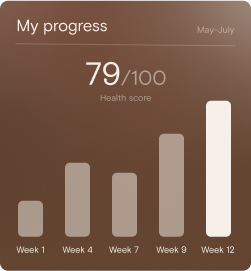


.png)


.svg)

